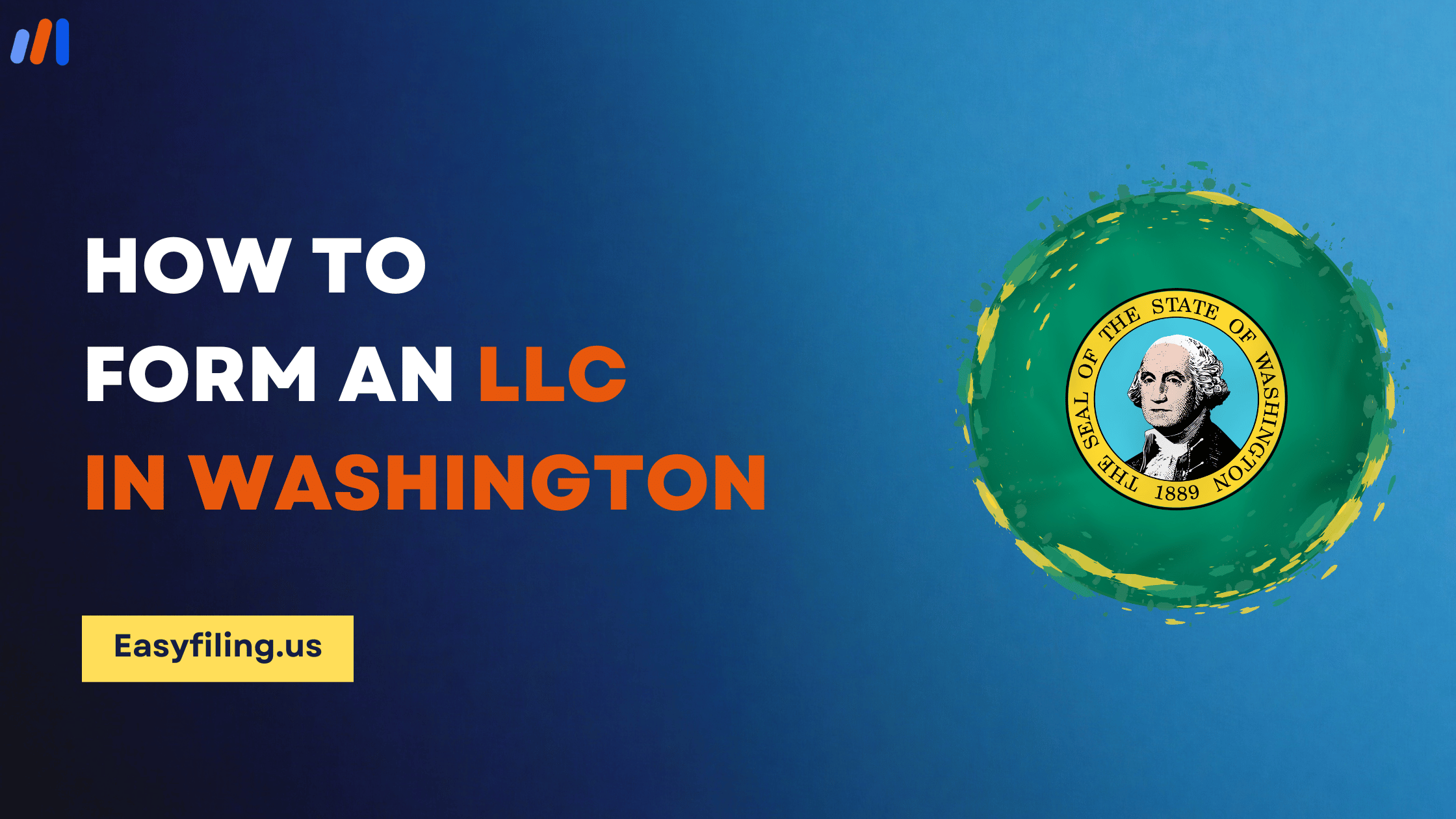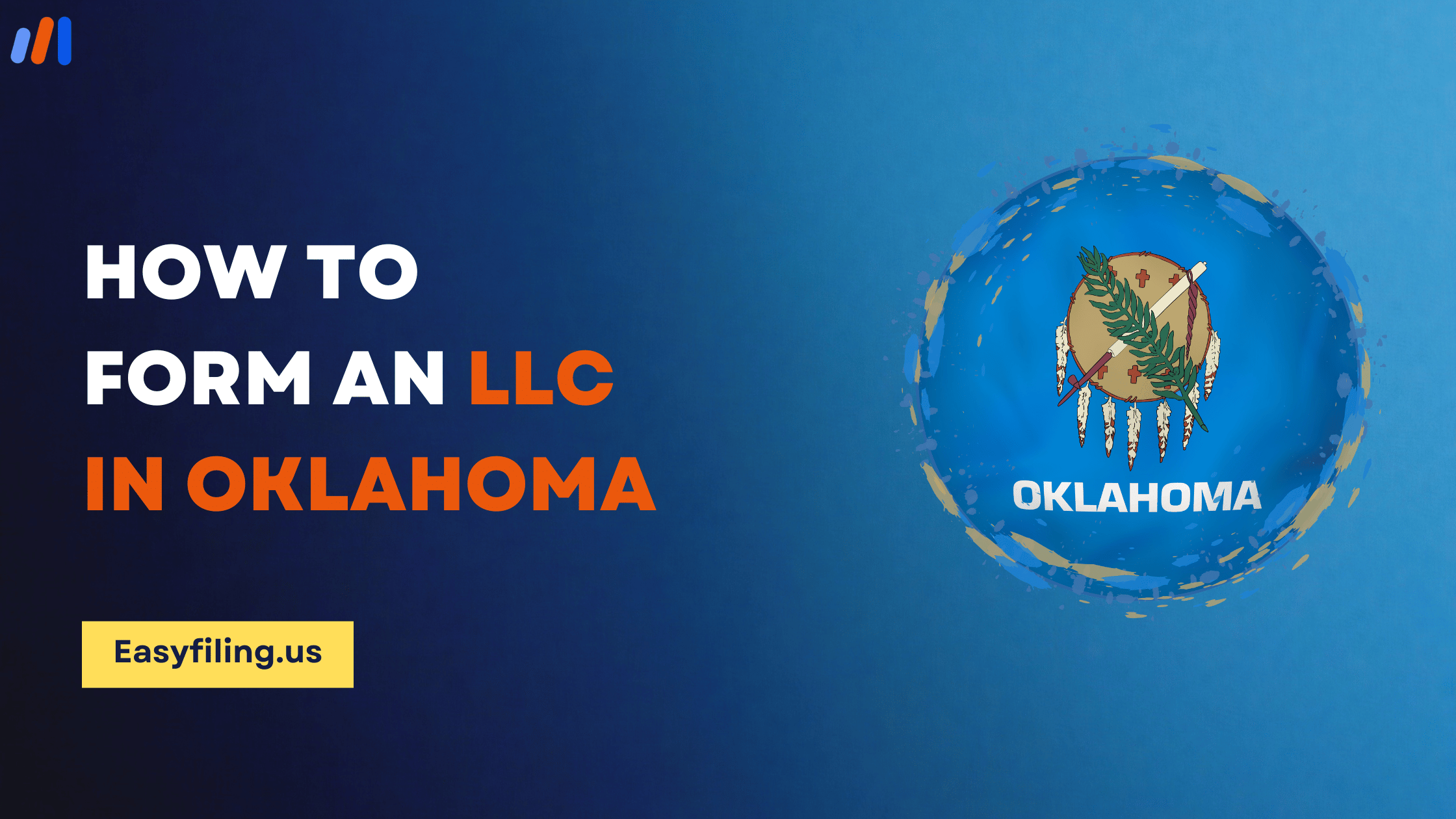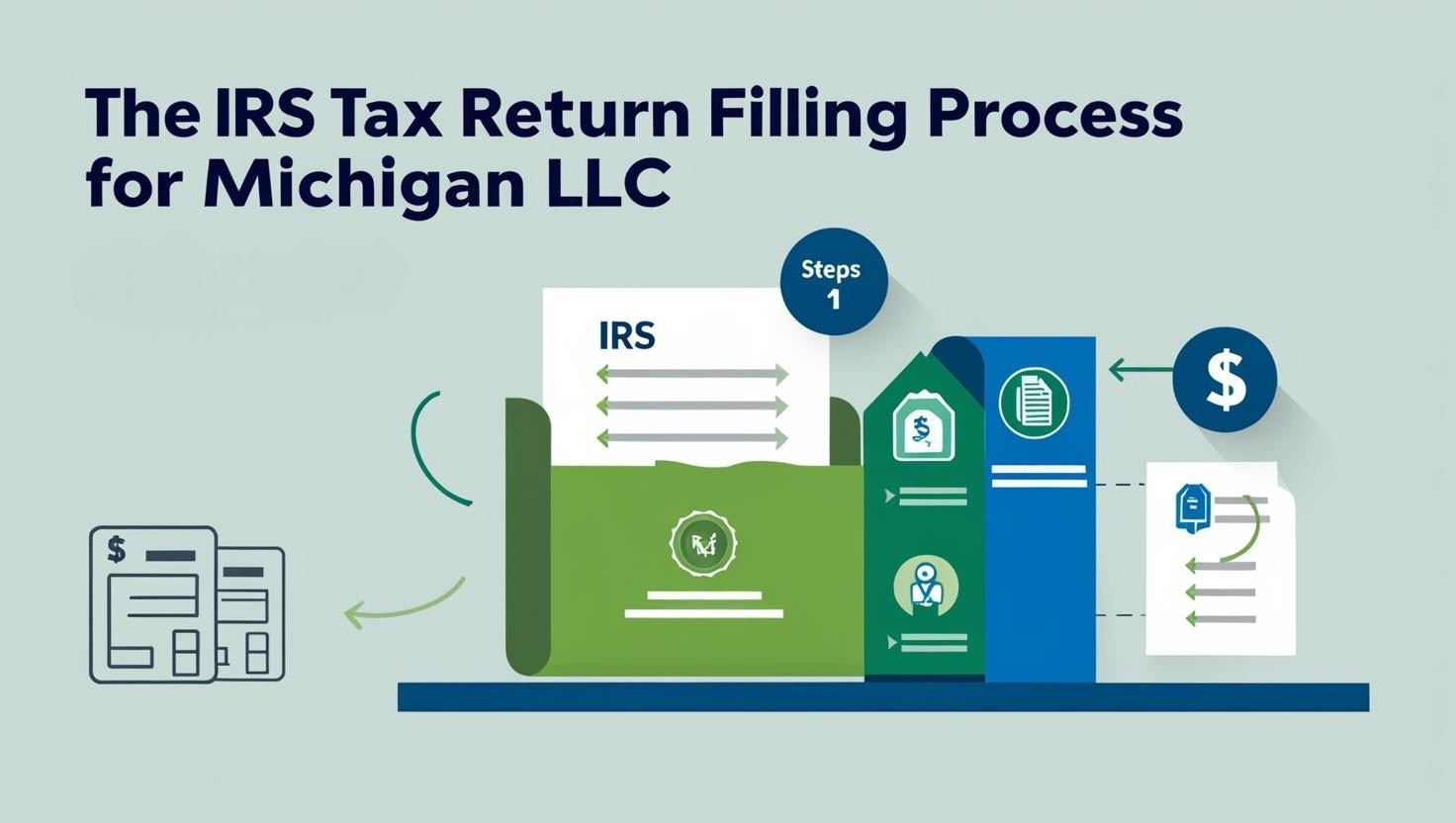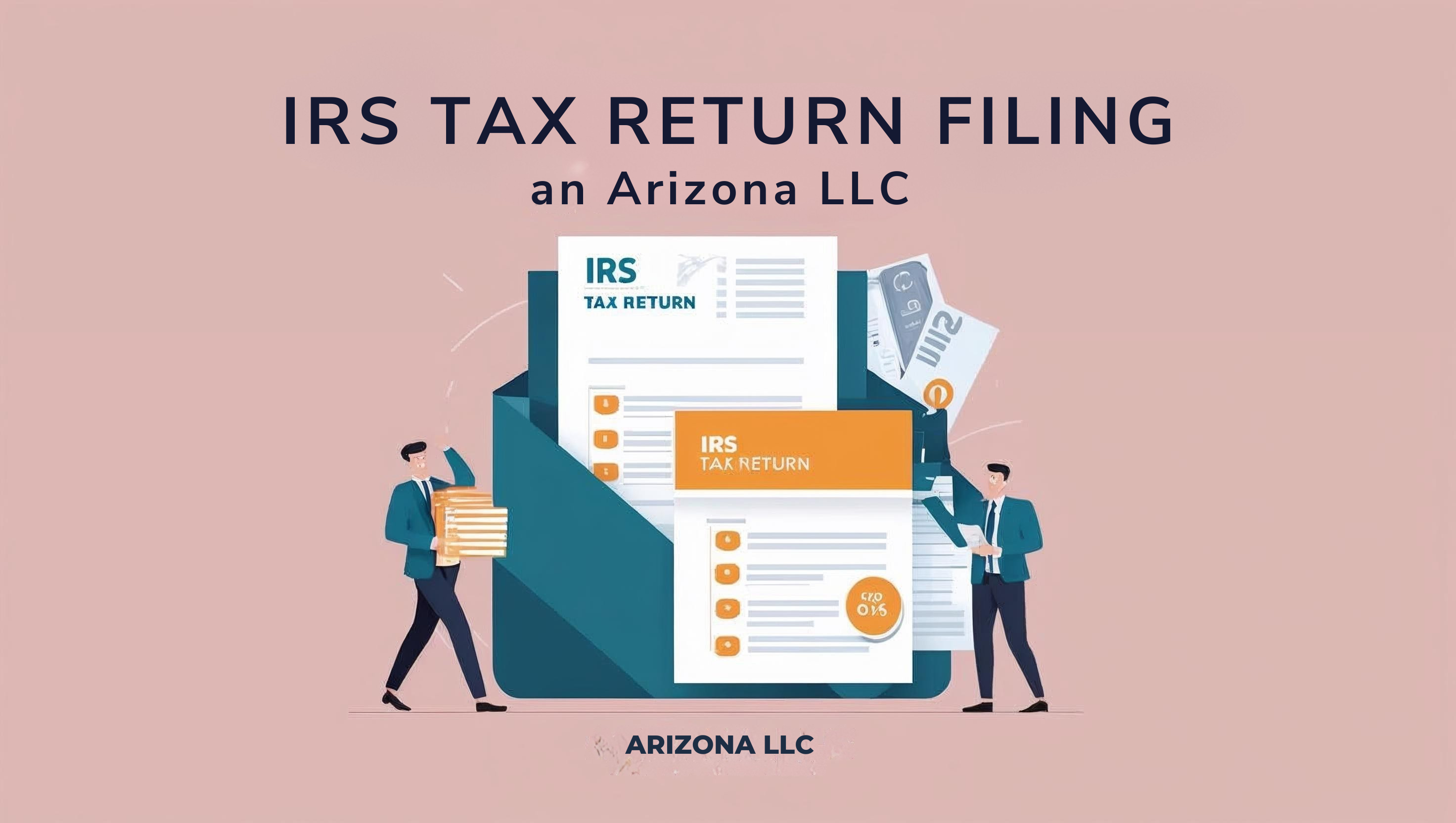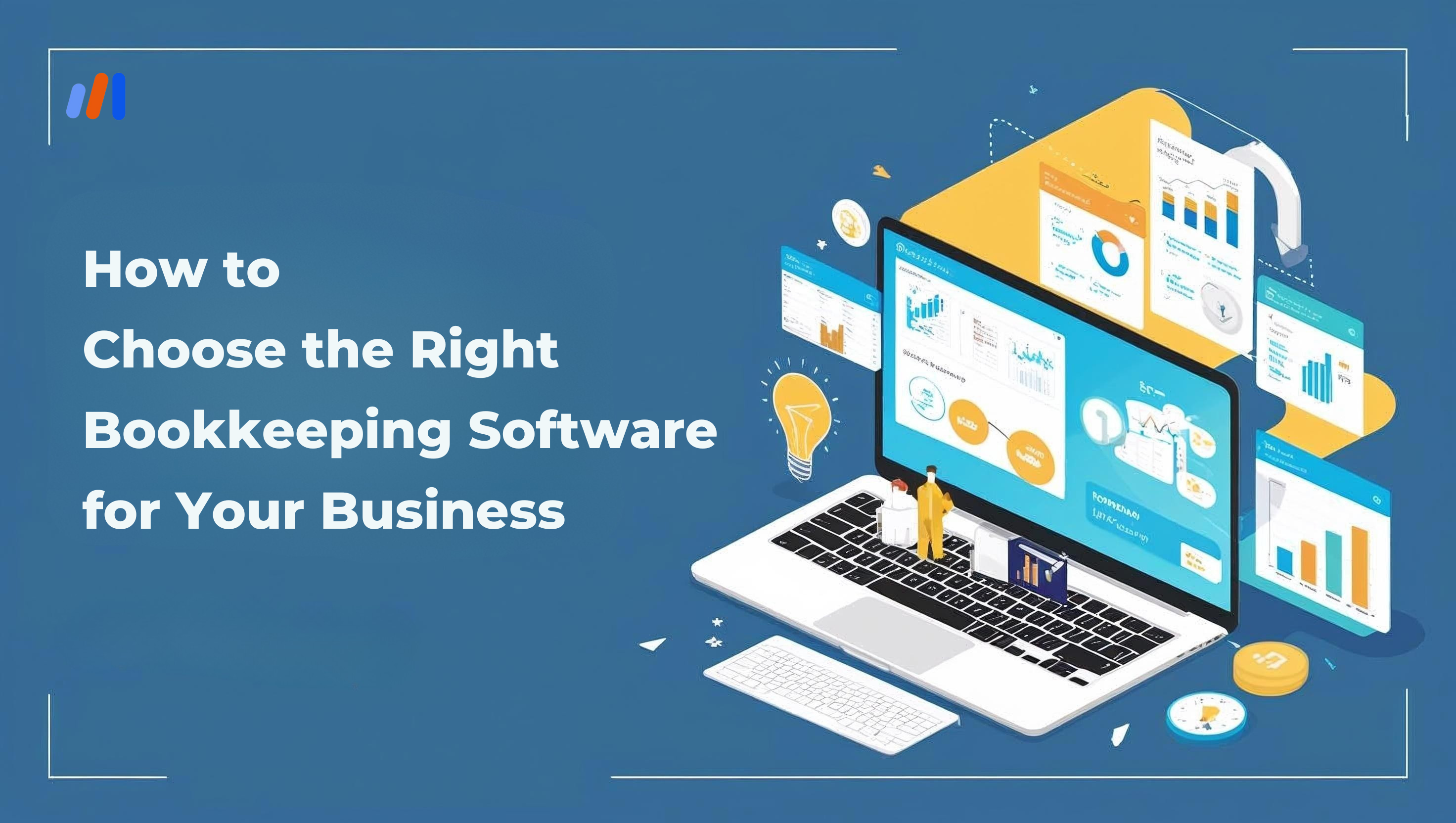Any kind of business as suggested is a wonderful thing to get started in the market but it is very important to make sure that the legal structure put in place is perfect for the business model.
A common option for entrepreneurs in Washington is creating a Limited Liability Company (LLC). Limited Liability Companies (LLCs) provide the same type of flexibility and tax benefits as sole proprietorships or partnerships but with the liabilities of a corporation making it a good option for many small businesses.
It turns out that in Washington, preparing to create an LLC is not too difficult since it contains specific stages that guarantee the company’s recognition by the state.
So whether you are starting a new venture, want to grow the business you have, or want to explore the market, you have an idea of how to structure an LLC to protect your assets during development.
In this guide, we’ll help you form an LLC in Washington and cover everything in detail starting from picking the name to regular reporting requirements so that you are comfortable with it all.
Why Form an LLC in Washington?
Limited Liability Protection
One of the main advantages of starting an LLC is that it protects its members (owners) from personal liability. This means that members are not usually held responsible for the debts and liabilities incurred by the business.
Members’ assets such as their homes, cars, or personal savings are usually untouchable if the LLC is involved in a lawsuit or incurs debts.
Flexible Tax Options
Washington Corporations have flexible taxation preferences. An LLC is regarded as a pass-through tax entity as a default which avoids double taxation at the company level as losses and profits are recorded in the personal returns of the members.
Furthermore, LLCs can opt to be C-corporations or S-corporations should the need occur which is favorable depending on the financial status of the company and projected future status.
Simplicity and Ease of Management
When compared to corporations, the formalities and regulatory requirements of LLCs are minimal. Washington LLCs do not have any annual meetings and/or the necessity of keeping minutes.
This lack of formalities allows for a more simple management style. Because of this flexibility, it’s easy for the members to operate the company without the red tape that often goes hand-in-hand with operating a corporation.
Credibility and Professionalism
Establishing an LLC can improve the attractiveness of your business to customers, suppliers, and investors. In particular, consumers can recognize that a business is well-structured.
This is accomplished by having LLC at the end of the business name, which makes the business more professional in the client’s eyes.
Ownership Flexibility
An LLC can have one or more people as owners and each of them may be a natural person, another LLC, or a corporation. This flexibility allows for diverse ownership structures and makes it easier to add new members as your business grows.
Also, there are no limits to the number of members nor the nationality of the members, making LLCs popular with both local and foreign entrepreneurs alike.
Steps to Form an LLC in Washington

Step 1: Choose a Name for Your LLC
In Washington state, the first step to starting an LLC is reserving a name that has not already been taken. All 50 states including Washington have certain provisions in place to govern and ensure that security is provided to all citizens in the states.
Name Requirements: Your LLC’s name must include “Limited Liability Company” or “LLC” or “L.L.C.” In addition, it shall not be composed of words that will entice the public to believe that it is a department of the government (FBI, Treasury, State Department).
Name Availability: Before finalizing a name, a name search is to be done in the Washington Secretary of State’s business name registry to avoid repetition of a name. If you would prefer to have the name protected while you get the necessary materials for your filing, this can be done for a small charge with a guarantee of 180 days.
Step 2: Provide a Registered Agent
This is an important part of the LLC and is referred to as a registered agent. This person or business must receive legal papers and official communication from the government authority to the LLC.
Eligibility: The registered agent could either be a Washington resident or a business registered to operate in Washington. Lawyers, individual citizens, and commercial services of registered agents can serve this role.
Responsibilities: The registered agent you will appoint should always be present during business hours and should be present to receive documents. For just the cause the registered agent gets to be easily contacted, it is key to have the details about the registered agent up to date.
Step 3: Lodging the Certificate of Incorporation
The Certificate of incorporation is the most salient document required in the application process for the LLC to be fully formed in Washington.
How to File: You may send the Certificate of Formation through mail or file it on the Washington Secretary of State website or any of its authorized offices.
Requirements for Filing
- LLC Name: The name you have chosen in step one.
- Registered Agent Information: Details of your registered agent such as name and address.
- Principal Office Address: Your principal place of business must be a street address in the state of Washington as P.O. boxes are not permitted.
- Effective Date: It is possible to create a date for the commencement of the LLC. You check this option with the form, otherwise, the date of establishment is the date of filing.
Filing Fee: If an online submission is made a fee of $200 only is charged. However, if the form is posted, then a hundred and eighty dollars will be charged. Most of the time, these transactions are credit card or check payments.
Step 4: Formulate an Operating Agreement
In the state of Washington, an Operating Agreement is not required; however, LLCS should have one, especially where there are several members.
Purpose: This includes defining the divisions of ownership, the roles of the members, the processes for decision-making, and how disputes will be managed. This document is very helpful in averting future disagreements and misunderstandings of the meaning of rules by members.
Contents: An Operating Agreement should include:
- Roles and responsibilities of each Member
- Voting powers and process of making decisions
- Process of distribution of profit and ensure loss(s)
- How additional Members may be admitted or existing Members’ exit is contemplated
- Methods of dissolving the company, if the need arises.
Step 5: Apply for an Employer Identification Number (EIN)
A business tends to require an Employer Identification Number for tax reporting especially if the LLC has more than one member or intends on employing people.
How to Apply: To apply for EIN, visit the IRS website since it is where you would apply for it at no cost. The process is simple, and only takes a few minutes to fill out the application which is online most of the time.
Uses of EIN: this number is used for the filing of returns, opening of business bank accounts and even applying for business licenses.
Step 6: State Tax Registration
You may also be required to register for some state taxes with the Washington Department of Revenue depending on what your business entails.
Types of Taxes: Among the common taxes are seen the following:
- Sales Tax: If you provide goods or services that qualify for sales tax, you should properly register for this tax and collect it from your clientele.
- Business and Occupation (B&O) Tax: There are B&O taxes in Washington that are based on gross receipts which all businesses are subject to. The applicable tax rates vary based on the type of business activity conducted.
- Registration Process: You can register for state taxes using the internet which is through the website of the Washington Department of Revenue. This requires one to give information about the type of structure, ownership details, and activities of the business.
Step 7: Adhere to Local Permits and Licenses
Apart from the state requirements above, there are local governments that have a permit or a license applicable to them as well for allowing them to operate legally within county/state/city.
Consult with Local Government Agencies: Call or visit your county or city office to ask about zoning regulations, country and city business permits, health permits, or any other permits for the type of business you want to start.
Statewide Licensing: Depending on your industry, it may also be necessary to fulfill certain statewide licensing prerequisites or conditions, such as those for contractors, healthcare providers, or financial services.
Step 8: Keep your LLC up-to-date
Life does not end once you’ve formed your LLC. It is essential to continue compliance to avoid penalties or dissolution.
Annual Report: LLCs must file an annual report with the Secretary of State once a year for Washington LLCs. This report is due on the last day of the month and marks one anniversary since your LLC was formed. It is charged a filing fee of $60. You can do so online meaning there is no delay in submission.
Ongoing Compliance: For compliance purposes, ensure that all necessary records are kept and taxes applicable paid including up-to-date member and their records this includes updated registered agent details.
Business Insurance: Though, not mandatory, advisable to have business liability insurance so that the LLC and its members do not suffer from potential lawsuits by others.
Conclusion
The process of formation of an LLC in Washington state consists of in number of steps. Continue with this manual as you’ll be sure that you complete the necessary steps properly. As a general practice, this includes legal or tax issues as well, always speak to a professional. Because you took the time to set up your LLC, you will be able to enjoy limited liability along with tax leverage and a solid base for your company.
Book a free consultation for clear guidance on how to set up a Washington Limited Liability Company and any other services that you may need.
Frequently Asked Questions (FAQs)
Is it possible for one individual to set up an LLC in the state of Washington?
Yes, Washington allows for single-member LLCs, which means one person only can own a business and still be able to get the benefits of limited liability protection and pass-through taxation.
What is a registered agent, and do I need one?
A registered agent is a person or a company that has been appointed to accept legal papers and receive official mail addressed to the LLC. Yes, it is compulsory to have a registered agent with a complete physical address in Washington to form an LLC.
How many reports do I submit in a year, and how many times do I renew my LLC in a year?
Washington requires that all LLCs file an annual report. This report must be filed on or before the last day of the month in which the first anniversary of the LLC’s establishment occurs, and there is a fee of $60 for filing it. As well, it is also essential to keep correct data and lapse on any renewal of licenses or permits that are required.
What taxes will my LLC need to pay?
Generally, LLCs in Washington are treated as pass-through entities, and the profits and losses are reflected in the members’ tax returns. In simple terms, this structure avoids double taxation. Nevertheless, depending on your specific business operations, there are possible state B&O taxes, sales taxes, and/or other local taxes that you may be liable to pay. Consulting a tax professional would probably be a good decision in this case.
Can I convert my existing business to an LLC?
Yes, it is possible to change the business type from a sole proprietorship or corporation to an LLC in Washington. However, it may be necessary to give particular details regarding the documentation or procedures that should be followed to ensure proper registration. Seeking the assistance of a legal advisor may come in handy in this changeover process.
File Your LLC Today
25$ off with a coupon
Lock in EasyFiling's transparent rates and get lifetime compliance support at no extra cost.
Get Started Now